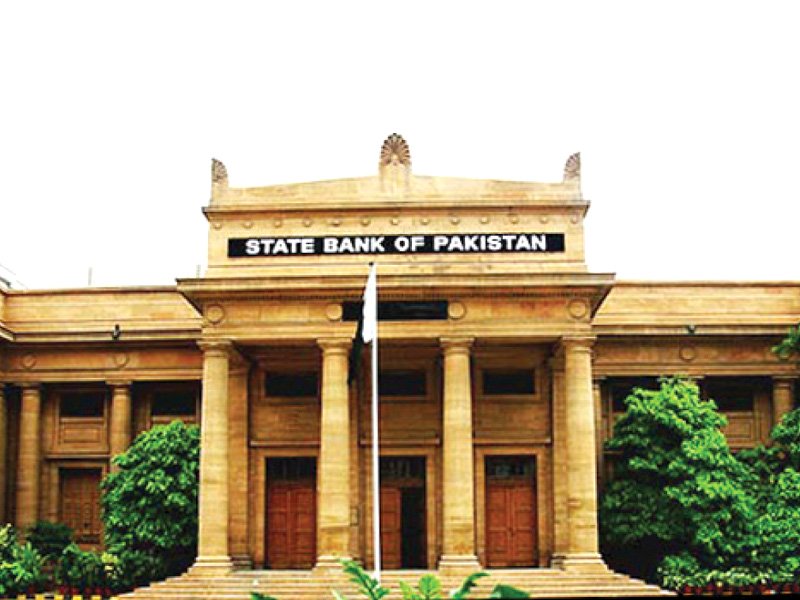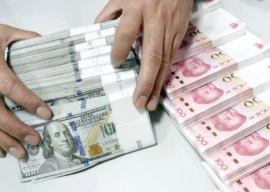
In a statement about its monetary policy decision, SBP cited reducing inflation and provision of low private sector credit as the reason for this move.
"Due to almost zero net external financing in FY13, the burden of financing the sizeable deficit of 8.8 percent has fallen disproportionately on domestic sources, in particular the banking system," SBP said in its statement.
The statement said that it is the financing pressure of the fiscal position that is source of the stress, from the monetary policy perspective.
"During 1st July to 7th June, financial year 2013, fiscal borrowings from the banking system for budgetary support were Rs1230 billion, including Rs413 billion from the SBP," said SBP.
The high level of these borrowings has put a strain on the system's liquidity and has proved to be a hindrance to the growth of private sector credit which the SBP aims to counter by reducing its policy rate by 50 basis points.
COMMENTS (6)
Comments are moderated and generally will be posted if they are on-topic and not abusive.
For more information, please see our Comments FAQ



1730959638-0/trump-(19)1730959638-0-165x106.webp)













What drama for nothing. Private sector credit will not increase substantially. Someone has to want credit to invest and run a business and earn. They will not do any of this until the govt provides energy and security. Yeah, they might take the money and invest in Bangladeshi factories, but how does that feed back into our economy. All they have done is reduce time deposit yields for public and this will divert some speculationary money into stocks and property.
All the commerical banks (or some specific) who have billions of rupees of bonds will be benefited enormously by this decision of our "Independent" Central bank. (Because decrease in the rate of interest increase bond prices). Unsurprisingly, in the coming months we will be watching higher property prices and higher stock exchange index. But no generation of real employment opportunities. This is casino capitalism. Our financial experts are sucking the bloosd of ignorant poor people. There is no accountability, neither transparency about what they are doing, how much they are earning and from whom.
@Abid: From what I know. Policy rate or overnight rate is used to control inflation and lack of credit confidence among banks. You see, when liquidity is high the policy rates shoot up and while liquidity is low, policy rates go down. So policy rates are an indicator of the health of an economy and its banking system, for instance its 1% in Canada and 0% in Switzerland.
@Asif How will reducing the policy rate reduce inflation? It should increase if I am not mistaken.
Market would be positive on Monday
This step may help in reduce some inflation rate.